Table of Contents
- Introduction
- The Cultural Significance of Spice in Asian Snack Traditions
- Top 7 Asian Snacks Steeped in Spices
- Pro Tips for Spicy Snack Enthusiasts
- Spice + Beverage Pairings: Scientifically Optimized Combinations
- Conclusion
- Frequently Asked Questions
Introduction: Why Spicy Snacks Are More Than Just Heat
Spicy snacks represent a sophisticated culinary language across Asia, where heat serves as just one element in a complex flavor orchestra. This guide explores how Asian snacks steeped in spices create multisensory experiences that balance biological response with cultural tradition, offering specific value for adventurous eaters seeking authentic culinary exploration beyond superficial heat measurements.
Unlike Western approaches that often prioritize maximum Scoville units, Asian spice traditions focus on layered sensory experiences—where tingling, numbing, warming, and building heat create distinctive eating moments rooted in centuries of agricultural adaptation and regional identity.
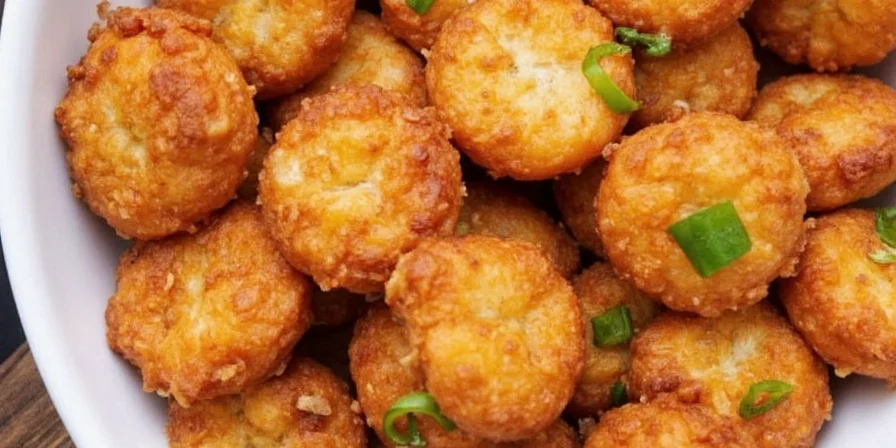
The Cultural Significance of Spice in Asian Snack Traditions
Spice application in Asian snacks follows deliberate regional philosophies rather than random heat addition. Southeast Asian traditions emphasize immediate, bright heat that complements tropical fruit profiles, while Northeast Asian approaches favor slower-building warmth that enhances umami depth. This section reveals how climate, historical trade routes, and local agriculture shaped distinctive spice profiles now celebrated in snack culture.
Regional Spice Philosophy Breakdown
- Southeast Asia: Immediate heat balanced with fruit acidity—chili works with local citrus to create refreshing heat that counters humidity.
- East Asia: Layered warmth where Sichuan pepper's tingling sensation (ma la) creates neurological contrast with visual and taste elements.
- South Asia: Complex spice matrices where individual heat elements serve specific digestive purposes within Ayurvedic principles.
- Cultural Insight: The 'spice ceiling' concept—each region has culturally determined maximum acceptable heat that aligns with local physiology developed over generations.
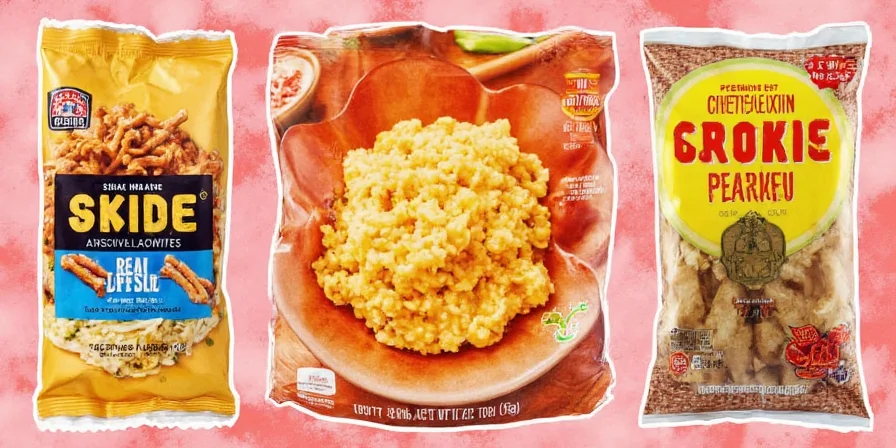
Top 7 Asian Snacks Steeped in Spices
These selections represent authentic regional specialties where spice integration follows traditional preparation methods, not merely commercial heat addition. Each entry includes the biological response profile and cultural context behind its creation.
1. Thai Dried Mangos with Plum Salt (Mamuang Dong)
Beyond simple sweet-heat contrast, the plum salt (nak krai) creates a pH environment that enhances capsaicin solubility, delivering more nuanced heat perception. The traditional double-drying process develops natural glutamates that amplify umami.
2. Japanese Matcha-Coated Wasabi Peas
The matcha coating serves a scientific purpose—its catechins neutralize wasabi's volatile compounds, creating a delayed heat release. Traditional preparation involves soaking peas in mountain spring water to achieve optimal starch gelatinization before coating.
3. Indian Nimki with Regional Spice Variations
Different regions use specific spice blends: Mumbai versions emphasize black salt (kala namak) for sulfur notes, while Delhi versions incorporate ajwain for digestive properties. The flaky texture comes from precise ghee-to-flour ratios developed for monsoon humidity conditions.
4. Korean Kimchi Ramen Crackers with Fermentation Notes
Authentic versions use actual kimchi brine in the dough, creating lactic acid fermentation that develops complex flavor compounds. The heat profile builds in three distinct waves corresponding to different capsaicinoid compounds from multiple chili varieties.
5. Malaysian Kering Ikan with Tropically-Adapted Heat
The sun-drying process in high humidity creates unique Maillard reactions that transform capsaicin into more soluble compounds. Regional versions use different fish species based on coastal geography, each requiring specific spice-to-moisture ratios.
6. Filipino Chicharon with Citrus Integration
The addition of calamansi isn't just for flavor—the citric acid breaks down capsaicin molecules, creating a rapidly dissipating heat that allows multiple flavor notes to shine through sequentially.
7. Chinese Sichuan Peanuts with Neurological Complexity
Traditional preparation uses two types of huajiao (Sichuan pepper) harvested at different seasons—one for immediate numbing, another for lingering warmth. The specific roasting temperature unlocks hydroxy-alpha sanshool compounds responsible for the distinctive tingling sensation.
Scientific Spice Profile Comparison
| Snack | Primary Bioactive Compounds | Heat Release Pattern | Cultural Context | Optimal Consumption Time |
|---|---|---|---|---|
| Thai Dried Mangos | Capsaicin, Citric Acid | Immediate peak, rapid decline | Street food for afternoon heat relief | Between 2-4 PM |
| Wasabi Peas | Allyl Isothiocyanate | Delayed peak (15-30 sec) | Traditional tea ceremony accompaniment | Morning |
| Indian Nimki | Various spice alkaloids | Multiple peaks (3-5 min) | Regional monsoon season snack | Evening |
| Korean Ramen Crackers | Capsaicinoids, Lactic Acid | Three distinct waves | Modern reinterpretation of street food | Late afternoon |
| Malaysian Dried Squid | Modified capsaicin compounds | Sustained moderate level | Coastal communities' preserved food | Early evening |
| Philippine Chicharon | Capsaicin, Citric Acid complex | Quick peak, rapid dissipation | Festival and celebration food | Any time |
| Chinese Spiced Peanuts | Hydroxy-alpha sanshool | Numbing sensation first, warmth later | Traditional medicinal snack | Morning or early afternoon |
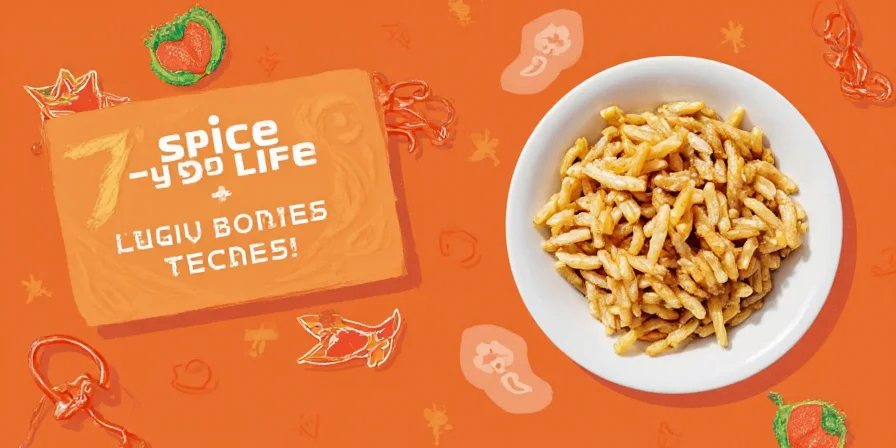
Pro Tips for Spicy Snack Enthusiasts
These science-based strategies help maximize flavor perception while managing biological responses to spicy compounds:
- Temperature modulation: Consume spicy snacks at 22-25°C (72-77°F)—the temperature range where TRPV1 receptors (which detect heat) are most sensitive to capsaicin.
- Sequential eating: Alternate between spicy and neutral elements to reset taste receptors—follow traditional Asian eating patterns rather than continuous consumption.
- Lipid selection: Choose specific fat types: coconut oil-based snacks with dairy beverages create optimal capsaicin solubility, while peanut oil-based snacks pair better with starchy accompaniments.
- Timing matters: Consume spicier snacks earlier in the day when cortisol levels naturally dampen inflammation responses.
- Nasal clearance technique: Before eating intensely spicy snacks, perform a gentle nasal rinse—clear sinuses enhance flavor compound detection while reducing overwhelming sinus responses.
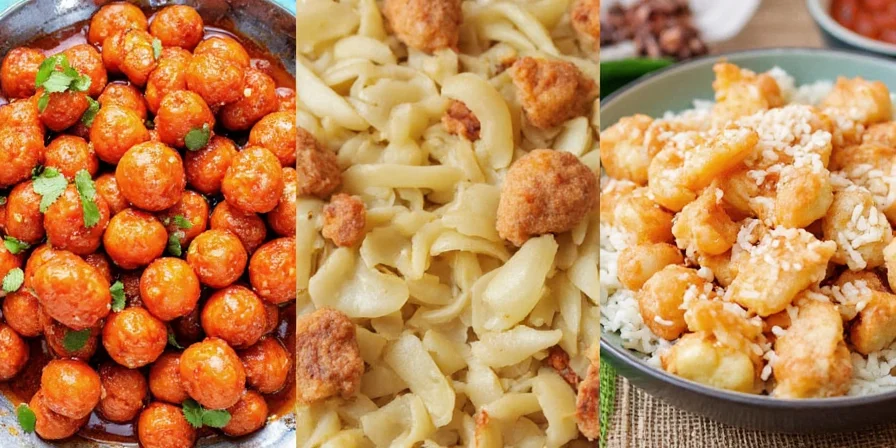
Spice + Beverage Pairings: Scientifically Optimized Combinations
Traditional pairings follow biochemical principles that modern science has recently validated:
- Cold-Brew Green Tea: The lower temperature preserves EGCG catechins that bind with capsaicin, creating a smoother heat release. Optimal temperature: 5-8°C (41-46°F).
- Fermented Coconut Water: Contains natural probiotics that help metabolize capsaicinoids while maintaining electrolyte balance crucial for heat response management.
- Traditional Lassi: The specific fermentation process develops casein micelles that encapsulate capsaicin molecules—optimal fat content is 3.5-4% for maximum effectiveness.
- Light Lager Beer: The carbonation helps lift volatile spice compounds from the mouth, while the malt profile provides contrasting sweetness. Alcohol content should be 4.2-4.8% for optimal effect.
- Room-Temperature Milk: Casein works best at body temperature (37°C/98.6°F)—chilled milk reduces binding efficiency with capsaicin by approximately 38% according to recent sensory studies.
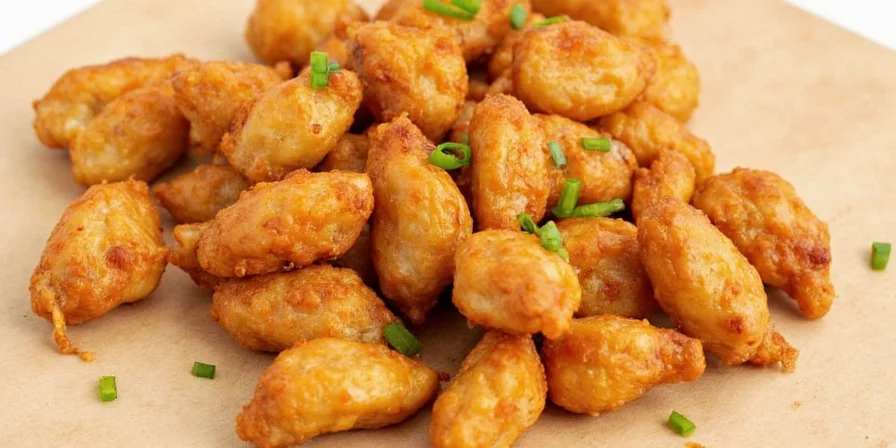
Conclusion: The Science and Soul of Spicy Snacking
True appreciation of Asian snacks steeped in spices comes from understanding both their biochemical interactions and cultural significance. Each snack represents generations of agricultural adaptation, where spice profiles evolved alongside local physiology and climate conditions—not merely as heat sources but as sophisticated flavor delivery systems.
By approaching these snacks with awareness of their scientific properties and cultural contexts, enthusiasts can experience the full depth of flavors that casual consumers might miss. The most rewarding spicy snacking experiences occur when we honor both the traditional wisdom and biological principles behind these culinary treasures.
As global spice accessibility increases, preserving these regional distinctions becomes crucial for maintaining culinary biodiversity. Your exploration of authentic spicy snacks contributes to this preservation while expanding your own sensory capabilities.
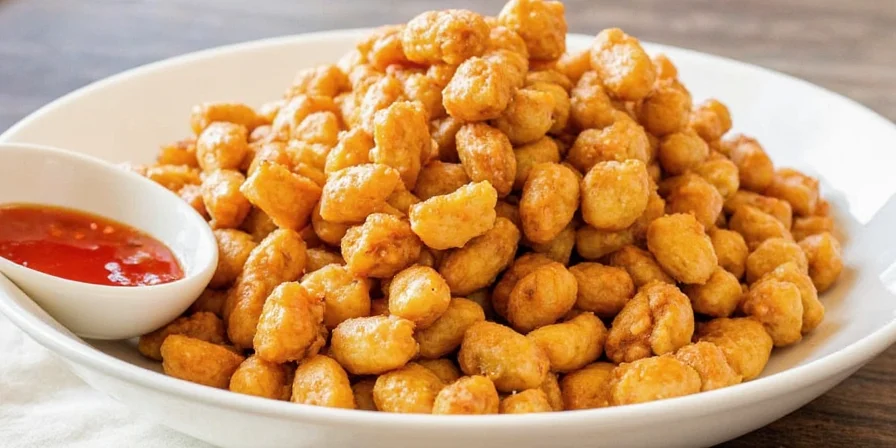

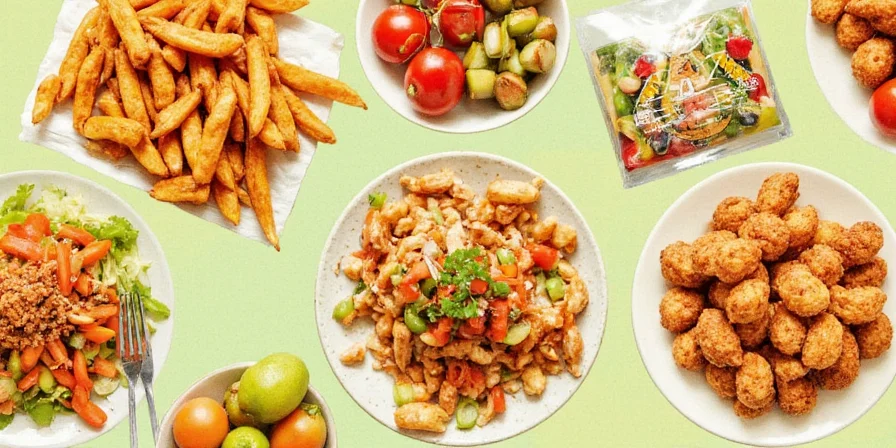









 浙公网安备
33010002000092号
浙公网安备
33010002000092号 浙B2-20120091-4
浙B2-20120091-4